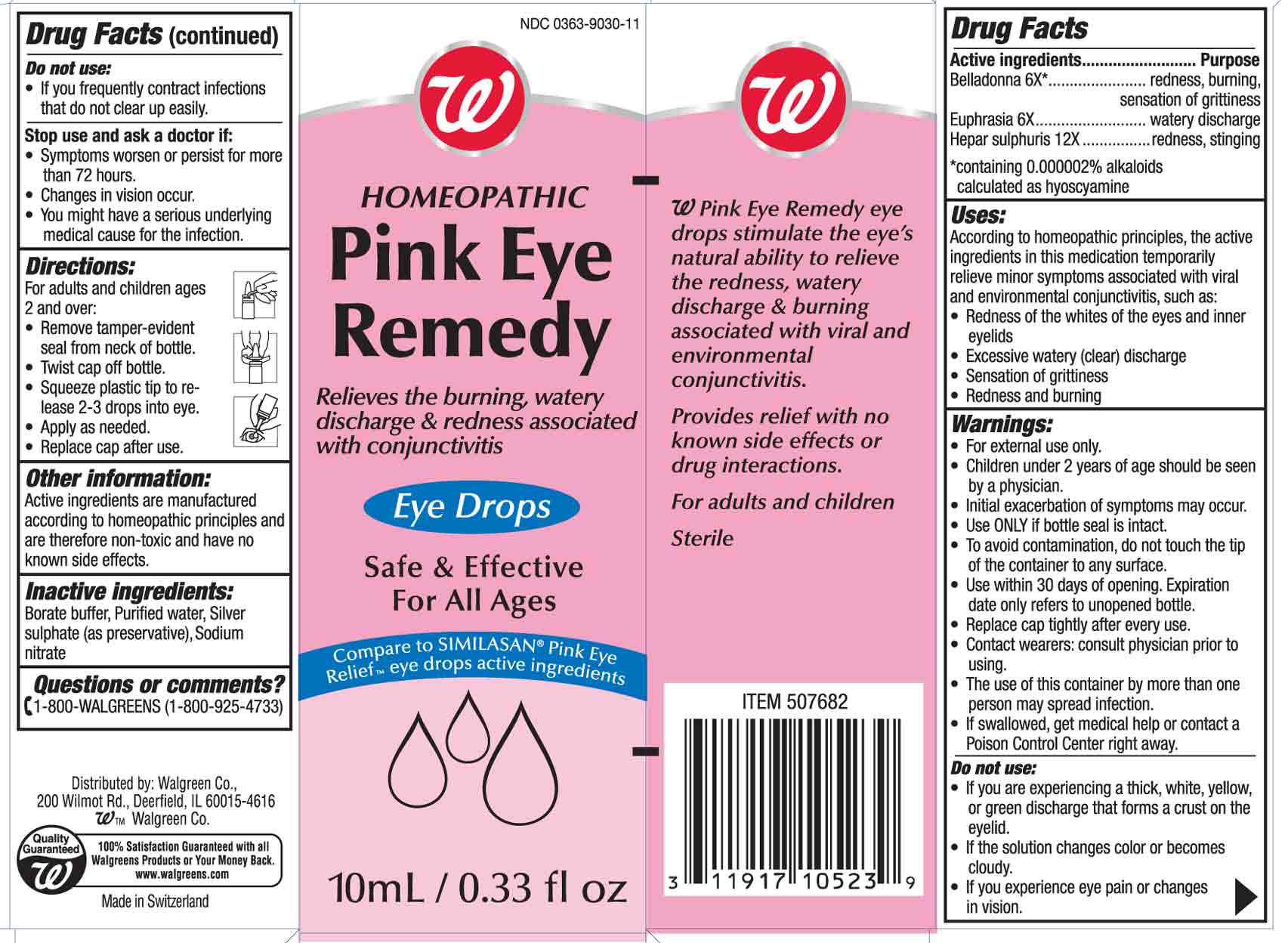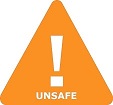Pink Eye Remedy | Belladonna And Euphrasia And Hepar Sulphuris Solution/ Drops while Breastfeeding

What is Pink Eye Remedy | Belladonna And Euphrasia And Hepar Sulphuris Solution/ Drops ?
Brief: redness, burning, sensation of grittiness
Purpose watery discharge
Purpose redness, stinging
Is using Pink Eye Remedy | Belladonna And Euphrasia And Hepar Sulphuris Solution/ Drops safe or dangerous while breastfeeding?

Note: Due to high dilution of active ingredients in homeopathic medicines most homeopathic medicines are safe while breastfeeding.
Pink Eye Remedy | Belladonna And Euphrasia And Hepar Sulphuris Solution/ Drops Breastfeeding Analsys
Atropa belladonna while Breastfeeding
UnsafeCAS Number: 8007-93-0
In herbal medicine the leaves of this plant that contains numerous alkaloids are used: l-hyoscyamine and atropine, scopolamine or hyoscine and, all of them potentially high toxic.Traditionally used with poor clinical evidence based on trials as anti-asthmatic, for common colds and intestinal spasms. At latest update no published data on excretion into breast milk were found. With anticholinergic and antimuscarinic properties that may reduce milk production: if necessary take as low dose as possible and avoid long-term treatment if decreasing milk production is observed.Serious side effects (tachycardia, thirst, fever, mydriasis, seizures, coma), especially in infants and newborns (Caksen 2003 Laffargue 2011, Glatstein 2014, Rodríguez-González 2014).There have been cases of gangrene when applied to the chest (Wani 2011). Belladonna may be included in association with other “over the counter" medications of doubtful effectiveness or safety. Overall drug associations are not recommended. Cautions when taking herbal teas:1. Make sure it is obtained from a reliable source: reportedly, poisonings have occurred due to confusion after using another plant with toxic effects (Hsu 1995), some others contain heavy metals that may cause poisoning and others may cause food poisoning due to contamination with bacteria or fungi.2. Do not take it excessively. "Natural" products are not always good in any amount: plants contain active substances from which are made many compounds of our traditional pharmacopoeia that can cause poisoning if consumed in exaggerated quantities or for long periods.
Euphrasia stricta while Breastfeeding
SafeCAS Number: 790302-50-0
Aerial summits are used. It contains galic tannins, phenol-carboxylic acids, flavonoids and iridoid heterosides. The Commission E of German Ministry of Health does not support the traditional use as anti-diarrhea and eye anti-inflammatory agent.
Calcium sulfide while Breastfeeding
SafeVarious calcium salts (Acetate, Carbonate, Chloride, Citrate, Phosphate, Gluceptate, Glucobionato, Lactate, Laxctobionato Pidolate, Silicate) are used in the management of hypocalcemia, supplements for treating calcium deficiency states and antacids ( Carbonate and Silicate) Daily requirement of calcium during lactation are 1 g (1.3 g in children under 20 years).Calcium supplements in the diet does not affect the concentration of calcium in milk.Excessive intake of calcium is not good for health. During lactation, consumption of calcium should not exceed 2.5 g a day. WHO List of Essential Medicines 2002 states that it is compatible with breastfeeding.
Pink Eye Remedy | Belladonna And Euphrasia And Hepar Sulphuris Solution/ Drops Breastfeeding Analsys - 2
Atropa belladonna while Breastfeeding
CAS Number: 8007-93-0
Belladonna (Atropa belladonna) contains anticholinergic alkaloids such as atropine and scopolamine. Belladonna has been used in the past for headache, airway obstruction, and irritable bowel syndrome among others, but its use has been supplanted by more specific and less toxic compounds. Long-term use of belladonna might reduce milk production by reducing serum prolactin.[1] Application of belladonna paste to the nipple to reduce milk secretion during lactation is an extremely old use.[2] However, it is still used this way in rural India for treating breast abscesses and may have contributed to cases of breast gangrene.[3] Because of the narrow therapeutic index and variable potency of plant-based (i.e., nonstandardized) belladonna, it should be avoided orally and topically during lactation. Homeopathic products are not likely to interfere with breastfeeding or cause toxicity. Dietary supplements do not require extensive pre-marketing approval from the U.S. Food and Drug Administration. Manufacturers are responsible to ensure the safety, but do not need to the safety and effectiveness of dietary supplements before they are marketed. Dietary supplements may contain multiple ingredients, and differences are often found between labeled and actual ingredients or their amounts. A manufacturer may contract with an independent organization to verify the quality of a product or its ingredients, but that does certify the safety or effectiveness of a product. Because of the above issues, clinical testing results on one product may not be applicable to other products. More detailed information #about dietary supplements# is available elsewhere on the LactMed Web site.
I am nursing mother and I have already used Pink Eye Remedy | Belladonna And Euphrasia And Hepar Sulphuris Solution/ Drops, what should I do?
Homeopathic medicines usually do not cause harmful effects on breastfed babies. Pink Eye Remedy | Belladonna And Euphrasia And Hepar Sulphuris Solution/ Drops is a homeopathic medicine and if your baby does not have any abnormal symptoms then there is nothing to worry about. Some homeopathic medicines contain alcohol (ethanol) and such homeopathic medicines in high dosage can have bad effect on development of baby.
My doctor has prescribed me Pink Eye Remedy | Belladonna And Euphrasia And Hepar Sulphuris Solution/ Drops, what should I do?
Homeopathic medicines are usually safe in breastfeeding and if Pink Eye Remedy | Belladonna And Euphrasia And Hepar Sulphuris Solution/ Drops has been recommended by doctor then there should be no doubt about its usage in breastfeeding.
If I am using Pink Eye Remedy | Belladonna And Euphrasia And Hepar Sulphuris Solution/ Drops, will my baby need extra monitoring?
Not really.
Who can I talk to if I have questions about usage of Pink Eye Remedy | Belladonna And Euphrasia And Hepar Sulphuris Solution/ Drops in breastfeeding?
US
National Womens Health and Breastfeeding Helpline: 800-994-9662 (TDD 888-220-5446) 9 a.m. and 6 p.m. ET, Monday through Friday
UK
National Breastfeeding Helpline: 0300-100-0212 9.30am to 9.30pm, daily
Association of Breastfeeding Mothers: 0300-330-5453
La Leche League: 0345-120-2918
The Breastfeeding Network supporter line in Bengali and Sylheti: 0300-456-2421
National Childbirth Trust (NCT): 0300-330-0700
Australia
National Breastfeeding Helpline: 1800-686-268 24 hours a day, 7 days a week
Canada
Telehealth Ontario for breastfeeding: 1-866-797-0000 24 hours a day, 7 days a week
